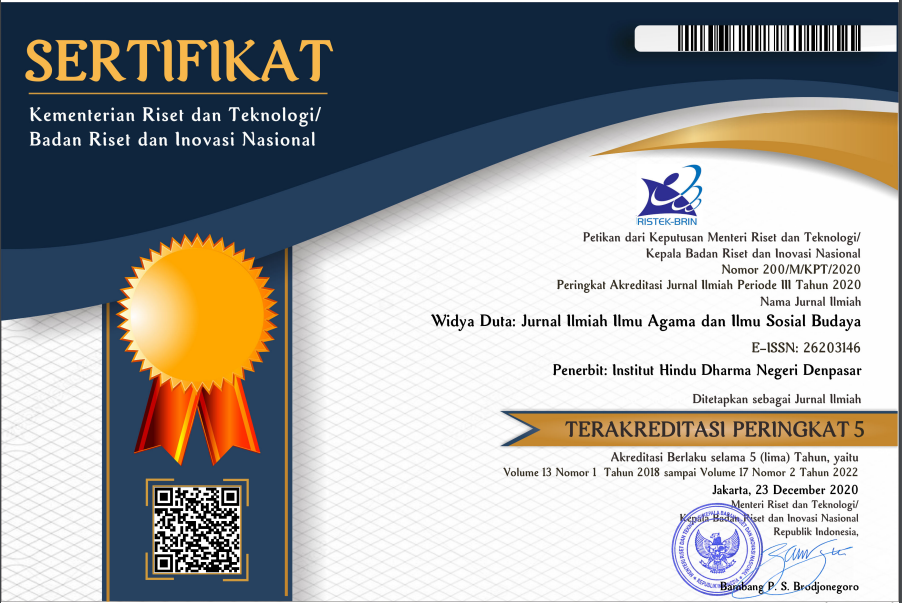Work Culture System Based on Islamic Paradigm As Effort to Improve The Religious Morals of Vocational Students
Case Study: SMKN 8 Bandung
DOI:
https://doi.org/10.25078/wd.v18i2.2470Keywords:
Work Culture, Islamic Paradigm, Religious MoralsAbstract
This research aims to better understand the urgency of the Islamic paradigm in the applicable curriculum in SMK. Also, to understand the perception of whether students know enough about how to build an Islamic paradigm in the midst of busy learning activities and the importance of responding to major practicum activities in accordance with Islamic values. This research was conducted on students and teachers at SMKN 8 Bandung. The research method used is qualitative methods to determine the impact of implementing an Islamic paradigm-based work culture system on students at SMK. The data used for this study were in the form of questionnaires and interviews conducted with students and teachers at SMK Negeri 8 Bandung. This study found that the role of work culture based on the Islamic paradigm is important to implement. This is because the application of a work culture based on an Islamic paradigm can provide positive changes if implemented properly. Increasing the positive character of a student can also affect the future of a student so he can compete in the world of work. Because basically the application of work culture in Vocational Schools is for students to get used to the culture that exists in the world of work later. In addition, the application of work culture cannot be separated from the Islamic paradigm so that moral decline does not occur. Therefore, a work culture based on an Islamic paradigm can be a benchmark in determining the excellence of SMK graduates.




